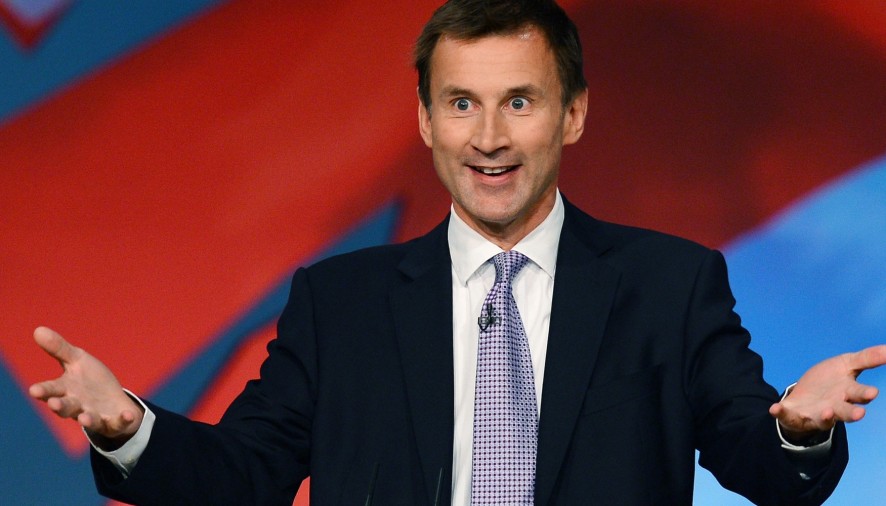The all-out junior doctor’s strike, which saw junior doctors withdraw from emergency care, is certainly ethically contentious – walking out of a crucial public service is always an extreme decision that cannot be taken lightly. This is one of the biggest reasons why, though polling shows the majority of the public support the strike, junior doctors have faced criticism from parts of the public and the press for being irresponsible by putting patients’ lives at risk, and for being motivated by pay rather than safety.
The junior doctor’s strike should be scrutinised, but these objections fall flat once you consider that emergency care is still being covered by consultants filling in for junior doctors, and that health bosses reported that hospitals ran smoothly for the most part during the strike. Junior doctors are not that stupid, reckless or immoral – they knew the implications of walking out, and so made sure that emergency care could still function.
As for the “it’s really about pay” argument, the first question is why, if junior doctors were in it for the money, they would choose such a demanding, time-consuming job – for which years of training is needed – rather than simply go for a job in, say, finance, or law. Consider that the average graduate starting salary of a junior doctor is £23,000 (excluding benefits for working unsocial hours) while the average graduate starting salaries for banking and law firms are £31,250 and £37,000 respectively. But also, since when was it unethical to demand fair pay for one of the most crucial and highly skilled jobs around?
Put simply, the problem does not lie with junior doctors. When the Health Secretary is trying to spread a five-day elective service across seven days – when junior doctors are already struggling to cope with understaffing and rota gaps – without investing in more doctors, his approach is, clearly, conceptually flawed. When A&E departments have to call in military assistance to keep running, and are unable to keep improving performance, it’s clear that the NHS is spread too thin. When the Equality and Human Rights Commission has warned the government’s contract disproportionately discriminates against women, part-time workers and carers, it is clear the contract must go back to the drawing board.
On the contrary Hunt’s response has been to: shut down negotiations, by trying to impose the contract when talks did not go his way; bury his head in the sand by avoiding contact with junior doctors; misrepresent statistics and papers on the “weekend effect”; and perhaps even exaggerate the extent of his legal powers.
Such behaviour demeans the office of a Secretary of State, and shows that Hunt has abandoned all pragmatism for, at best, political expediency, and at worst an ideological zeal to shrink the state. When the man in charge of the NHS refuses to talk to experts who are trained to run it, who are virtually united in saying the proposed reforms are ill-conceived and disruptive, I don’t see how you can avoid this conclusion.
Dennis Skinner recently implored Hunt to “wipe the smirk off his face” and “sort the matter out”. It is Hunt’s refusal to do so that has backed the junior doctors into the corner they are in today. For that reason, it is the government, not the junior doctors, who are to blame for this tragic point in the history of the NHS. It is Hunt who should step down.
Sam Robinson
Image courtesy of Andrew Yates/AFP/Getty Images

